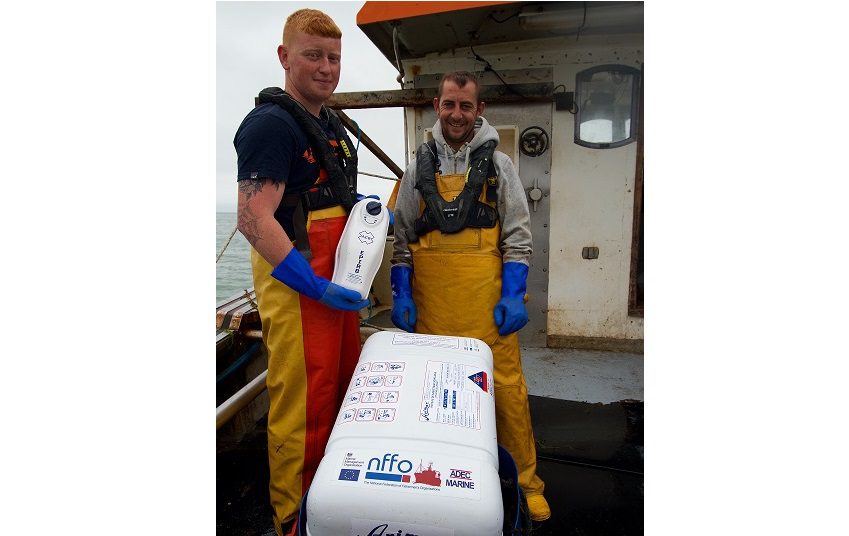27 May 2015
The National Federation of Fishermen’s Organisations (NFFO) is offering fishermen financial support in a bid to cut accidents at sea.
Fishing
remains one of the most dangerous professions in the UK, with 84 fishermen
losing their lives in the past 10 years. Funding is being made available from
the NFFO and supported by European Fisheries Fund (EFF), which will allow fishermen
operating vessels under 15 meters to claim up to 70 per cent of the cost to bring
their vessel’s safety up to the Voluntary Code of Practice standard.
Under the voluntary code, all vessels under 15m should
be fitted with an Emergency Position Indicating Radio Beacon (EPIRB), which
transmits the position obtained from a built-in GPS receiver via satellite
directly to rescue services so the vessel can be easily located during
emergency situations. Under
the same code, vessels 7m to 10m should also be fitted with emergency liferafts,
which this initiative will go toward funding.
The
NFFO’s Safety and Training Officer, Robert Greenwood, said: “Anything we can do
to minimise the cost to our members in the aim of improving safety is taken
very seriously. Safety is often forgotten amongst the politics of fishing but
for the NFFO improving safety is a key priority for all fishing vessels
regardless of size.”
Currently
the Code of Practice is voluntary, rather than mandatory, however the NFFO is
encouraging member vessels to meet its
requirement now to ensure the safety of fishing crews, and while the 70 per
cent funding is available.
It is
expected that while these requirements are non-mandatory, eventually they will
be incorporated into law at which point they would become mandatory and would
no longer be eligible for funding from the EFF or future European Maritime and
Fisheries Fund.
David
Fenner, Head of Fishing Vessel Safety at the Maritime and Coastguard Agency,
said: “The next version of the Small Fishing Vessel Code is planned to contain
mandatory requirements for liferafts and Emergency Position Indicating Radio
Beacons. Subject to the necessary consultation and Parliamentary process, it is
expected that the new Code could come into force in 2016.”
While a change
in law is never certain, the NFFO believes it is good practice for fishermen to
meet these non-mandatory standards, particularly while partial funding is on
the table.
Robert
concluded: “Should the new Code of Practice come into force this project will
ease the transition for our members and improve the safety of fishermen in the
UK.”

